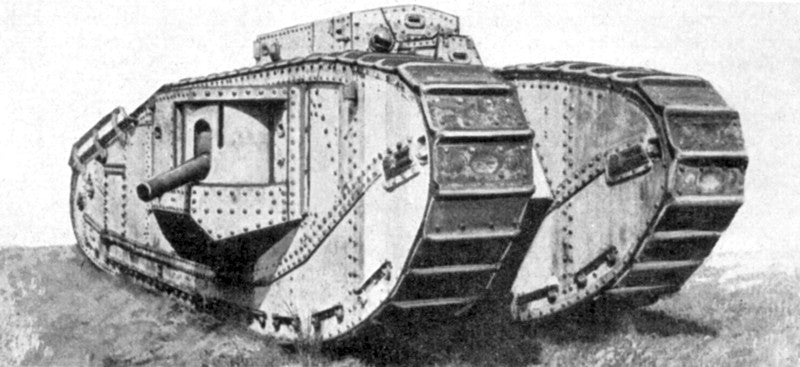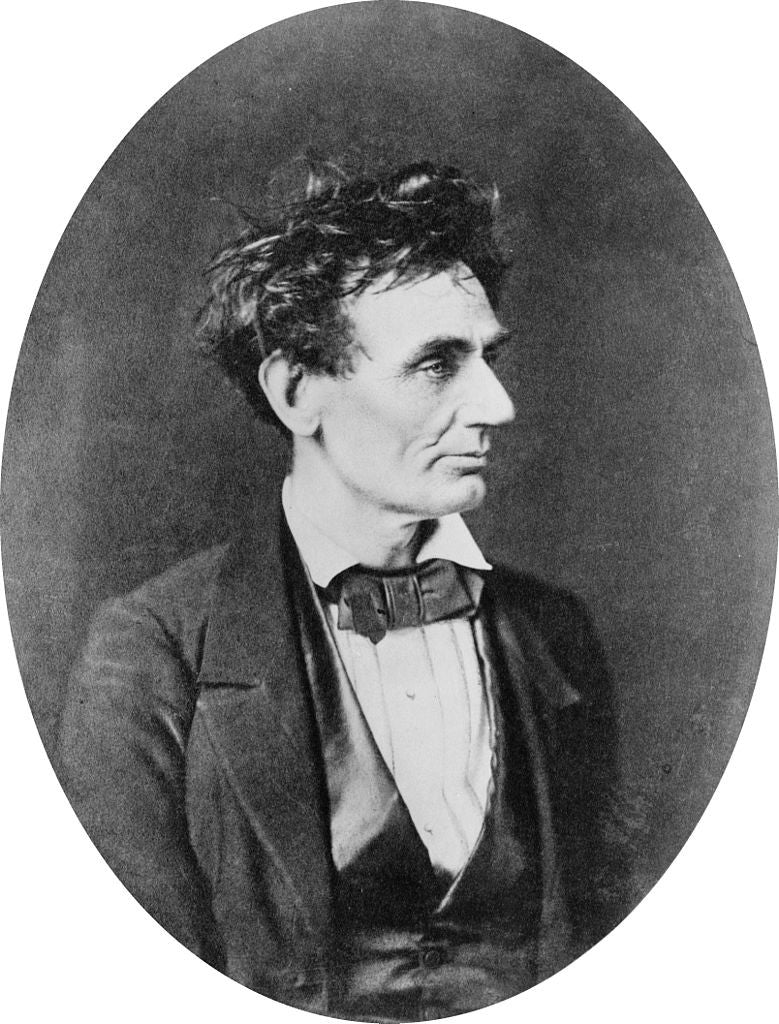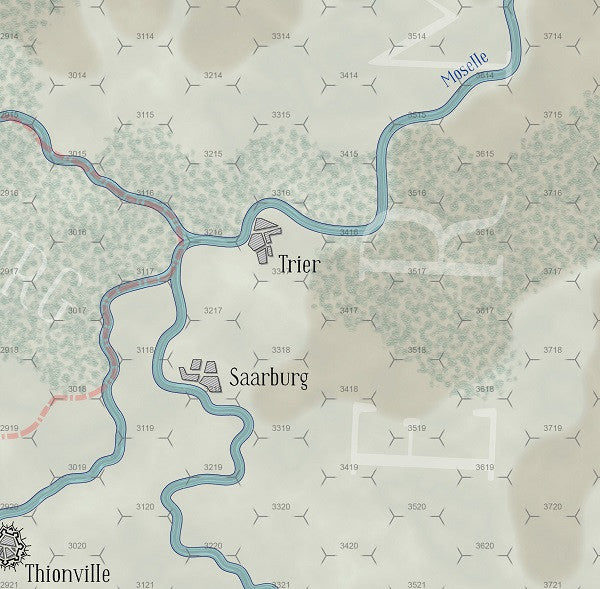Hollandazed: Thoughts, Ideas, and Miscellany — game design
THE OPT-POP DIARIES PART 4 (by Tom Russell)

One aspect of Optimates et Populares I've been dancing around and deferring for later discussion in this series of articles is the Dictator, and there's a reason for that: the Dictator was the part of the game that gave me the most trouble. It was the one thing that I just couldn't seem to get to work, the one outstanding design challenge that I was still trying to solve. You would think, from the usage of past tense and the fact that I'm dedicating an article to it that I had found my solution. But, in fact, my "solution" was...
DESIGNING PLAN 1919 (by John Gorkowski)

Major General John Frederick Charles "Boney" Fuller, (1878 – 1966) a senior British Army officer, military historian, and strategist, was an early theorist of modern armored warfare and the author of "Plan 1919". When Hollandspiele asked me to design a game covering JFC Fuller’s Plan 1919, I had to peer deep into my foggy memory of this might-have-been campaign. Luckily, I found a great web site that shared Fuller’s plan verbatim. Here are some telling excerpts (with the British use of s in certain words such as “disorganised” converted to a “proper” American z such as in “disorganized”). The Influence...
THE OPT-POP DIARIES PART 3 (by Tom Russell)

The primary currency in my Optimates et Populares design is Political Will (PW), with each action you take or attempt costing some amount of it. Small things cost less PW and big things cost more PW. This is a familiar concept for most gamers, which goes by various names: Operations Points, Action Points, Resource Points, etc. Usually you get these points in games randomly by playing cards, or you earn them by controlling certain areas on a map. It's a necessary abstraction that simulates not so much the actual choices made by leaders and commanders - Lincoln didn't fret over...
TEE-EEE-CEE (by Tom Russell)

Detail of Plan 1919 map, map art by Ilya Kudriashov I've tried, with varying degrees of success and failure, to impart my love of wargaming to others. Sometimes it's an uphill battle. I've had folks who told me they weren't interested in war (but who started playing Call of Duty immediately after abandoning our game of Hammer of the Scots). I've had folks who weren't thrilled with the cardboard and paper. There have been surprisingly few people who have had problems with odds ratios, for all the hay that's been made about math anxiety. Extra little chrome rules don't pose...
THE OPT-POP DIARIES, PART 2 (by Tom Russell)
The curia was the meeting house of the Roman senate. The Curia Julia, pictured here, was begun by Julius Caesar and necessitated by the increase of senators from 600 to 900. The old curia, Curia Cornelia, was torn down and officially replaced by Curia Julia. Begun by Julius Caesar in 44 BC, it was completed by Augustus Caesar in 29 BC. In AD 94, Domitian rebuilt the Curia using Julius Caesar's original plan. The building was damaged by fire in AD 283 and later restored by Diocletian. In AD 630, Pope Honorius I transformed the property, presumably no longer...
